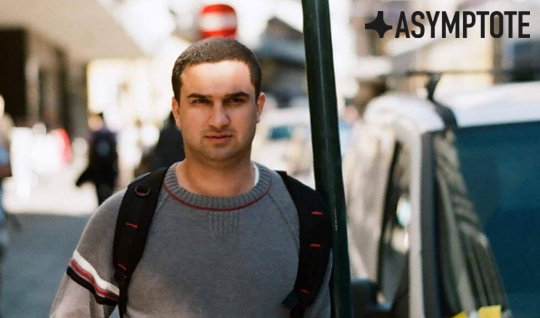Our editors report on literature’s integral role in political resistance and in supporting underrepresented voices, as feminist and trans theory workshops are organized in Buenos Aires and fuegino literature is promoted in Patagonia. In India, our reporter leads us through the awards season successes, celebrating many translated titles.
Allison Braden, Editor-at-Large, reporting from Argentina
Last month, a primary election that predicted a decisive win for the opposition in Argentina’s upcoming presidential elections sent the economy into convulsions, and the peso’s precipitous drop in value made headlines around the world. Amid the debate around the country’s future, the candidates have been conspicuously quiet on an issue important to many Argentine women: abortion, which remains illegal in most cases. But where the politicians are silent, Argentina’s women are not. Anfibia, a digital magazine of literary journalism launched by the Universidad Nacional de San Martín, is offering a workshop to challenge dominant ways of knowing and to provide women with tools to narrate experiences of violence. Also in this year’s lineup is a four-part workshop and practicum on trans theory, which seeks to answer whether it’s possible to develop a collaborative theory of the trans experience to guide, not only personal creativity, but also policy. Trans literature has won acclaim in Argentina recently. Rising literary star and trans writer Camila Sosa Villada, for example, unites literature and performance. According to a recent profile, “Camila is poetry onstage and puts her body on paper” (my translation). Her book Las malas was showcased at this year’s Feria del Libro in Buenos Aires, the largest book fair in Latin America. READ MORE…





